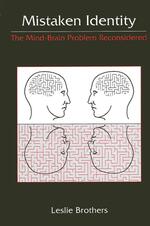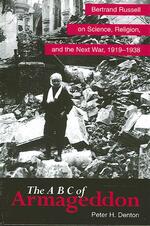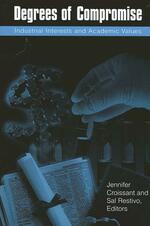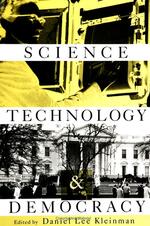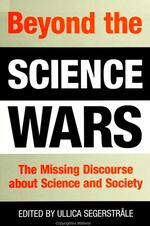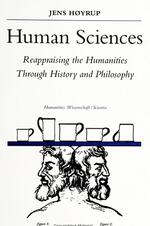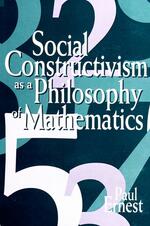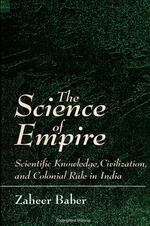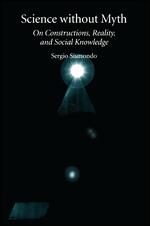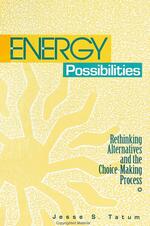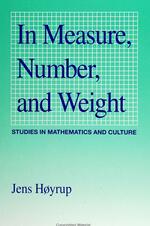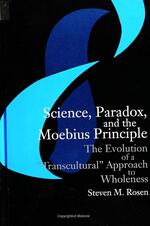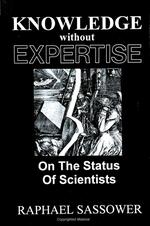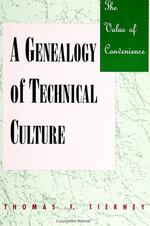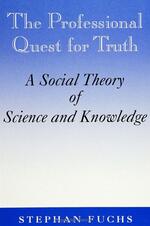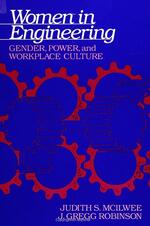SUNY series in Science, Technology, and Society
Nervous Conditions
Examines nineteenth-century scientists’ obsession with nerves and the nervous system.
Galileo's Pendulum
Examines the history of science in light of recent theories of sexuality and the body.
Mistaken Identity
This “unauthorized biography” of cognitive neuroscience unveils hidden errors in current mind-body accounts and sheds new light on basic scientific issues.
The A B C of Armageddon
An exploration of Bertrand Russell's writings during the interwar years, a period when he advocated "the scientific outlook" to insure the survival of humanity in an age of potential self-destruction.
Why Movements Matter
Details the West German peace movement's impact on German, U. S., and NATO politics and security dynamics in the 1980s.
Degrees of Compromise
Analyzes value changes arising from new university-industry research relationships.
Visions of STS
Maps interconnections between science, technology, and society in order to understand both benefits and costs.
Science, Technology, and Democracy
Examines restrictions and potentialities for public access to science and technology decision making.
Beyond the Science Wars
Contextualizes the "Science Wars" from interdisciplinary sociological, historical, scientific, political, and cultural perspectives.
Human Sciences
Offers historical and philosophical arguments for treating the humanities as sciences.
Social Constructivism as a Philosophy of Mathematics
Extends the ideas of social constructivism to the philosophy of mathematics, developing a powerful critique of traditional absolutist conceptions of mathematics, and proposing a reconceptualization of the philosophy of mathematics.
In and About the World
Offers a new approach to a number of central issues concerning the theoretical interpretation and normative evaluation of contemporary science and technology.
The Science of Empire
Investigates the complex social processes involved in the introduction and institutionalization of Western science in colonial India.
Science without Myth
This philosophical introduction to and discussion of social and political studies of science argues that scientific knowledge is socially constructed.
Energy Possibilities
Examines the current and prospective energy sources and choices from the perspectives of science, technology, and social studies.
Ecologies of Knowledge
This collection of articles provides a comprehensive overview of personal and public issues related to social change and how they shape scientific and technical knowledge.
In Measure, Number, and Weight
Jens Hoyrup, recognized as the leading authority in social studies of pre-modern mathematics, here provides a social study of the changing mode of mathematical thought through history. His "anthropology" ...
On the Shoulders of Merchants
This book shows how the universal quantification of science resulted from the routinization of commercial practices that were familiar in scientist's daily lives. Following the work of Franz Borkenau ...
Science, Paradox, and the Moebius Principle
Science, Paradox, and the Moebius Principle confronts basic anomalies in the foundations of contemporary knowledge. Steven M. Rosen deals with paradoxes that call into question our conventional way of ...
Knowledge Without Expertise
This book critically examines the reliance of society on experts, specifically attacking the notion of the privilege of scientific expertise and defining the politics of this intellectual discourse. The ...
Controversial Science
This book represents emerging alternative perspectives to the "constructivist" orthodoxy that currently dominates the field of science and technology studies. Various contributions from distinguished ...
Math Worlds
An international group of distinguished scholars brings a variety of resources to bear on the major issues in the study and teaching of mathematics, and on the problem of understanding mathematics as ...
The Value of Convenience
In this volume, Tierney identifies convenience as the value of central importance to the development of modern technical culture. While revealing modern attitudes toward technology, the human body, mortality, ...
The Professional Quest for Truth
This book argues that the power of science as the most respected and authoritative world view is based on its superior material and organizational resources, not on its superior rationality. Fuchs approaches ...
Women in Engineering
Who are the women who became engineers in the 1970s and 1980s?
How have they fared in the most male-dominated profession in America? This is the first book to answer these questions. It explores the backgrounds, ...


